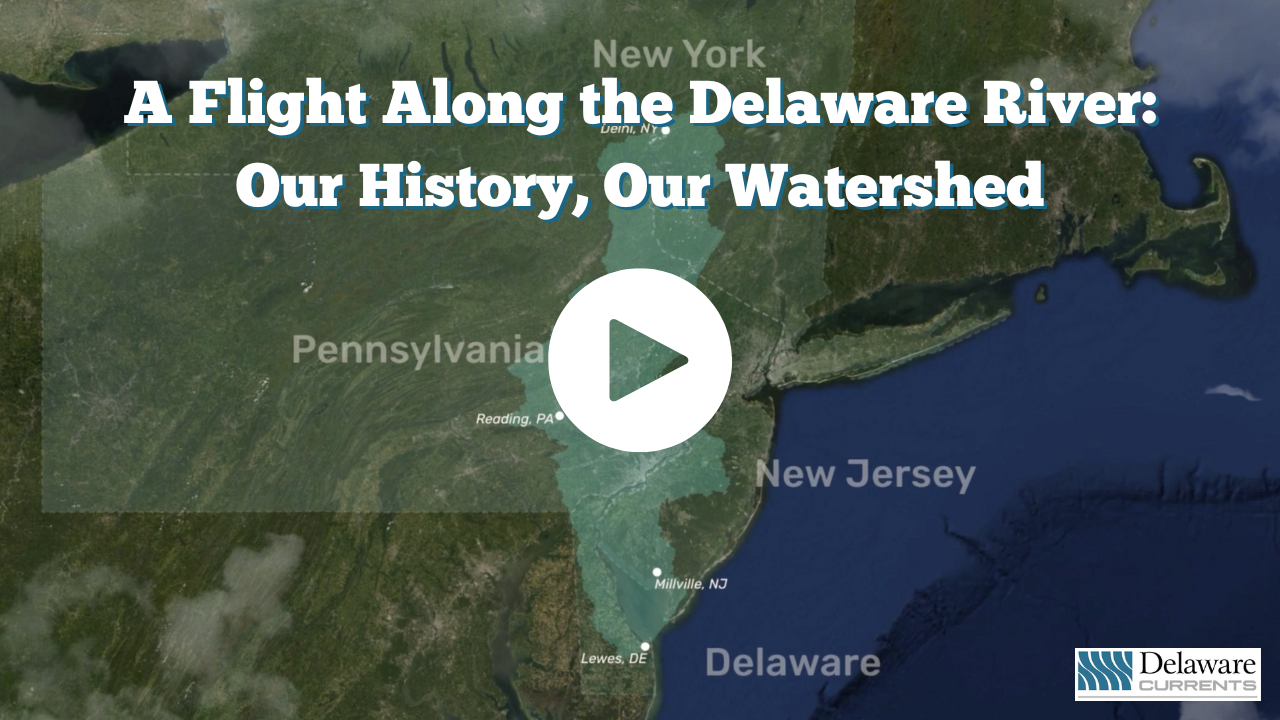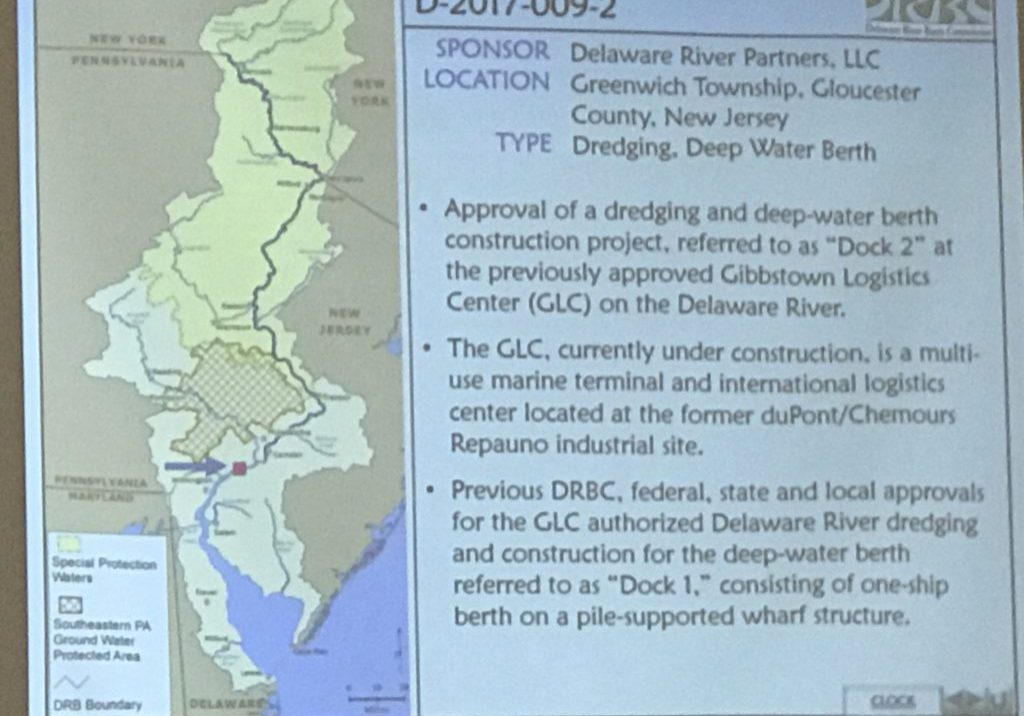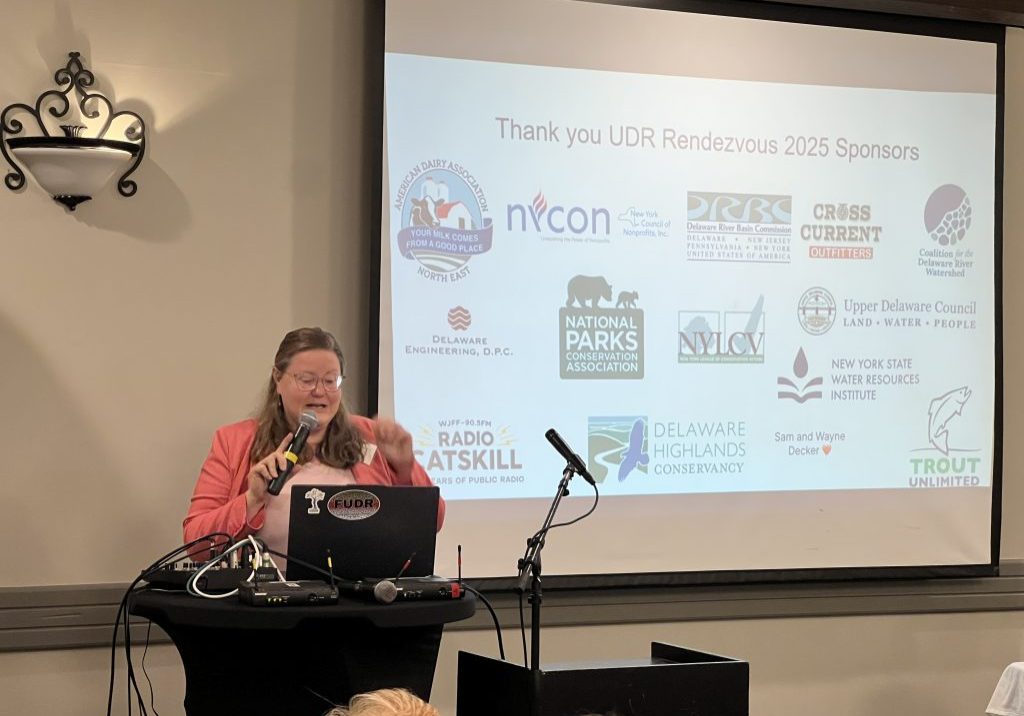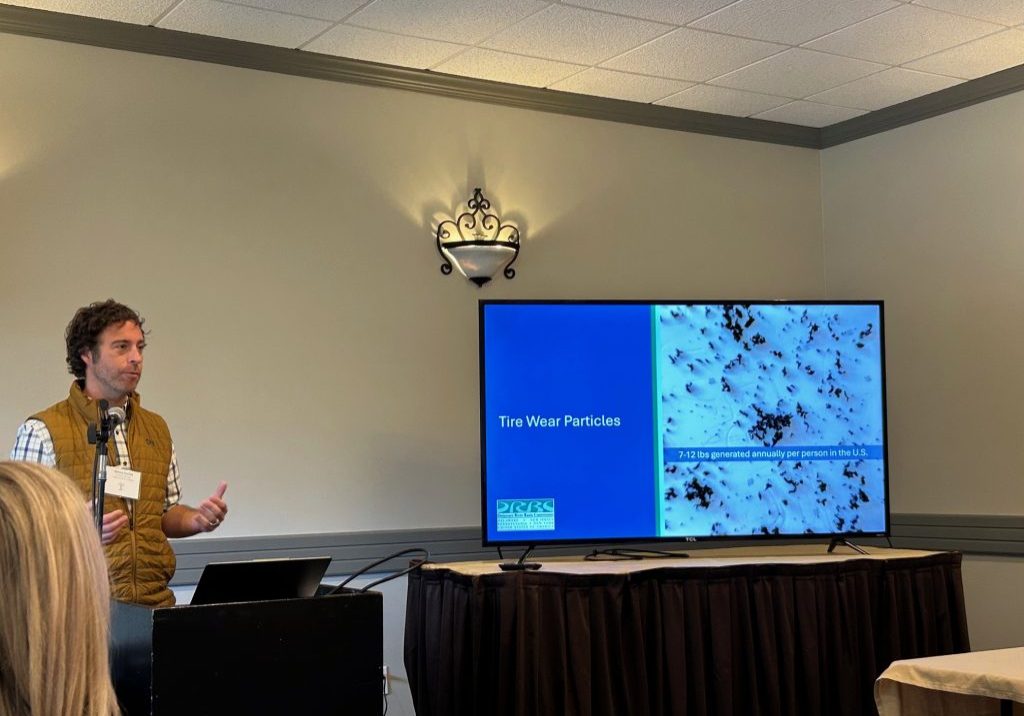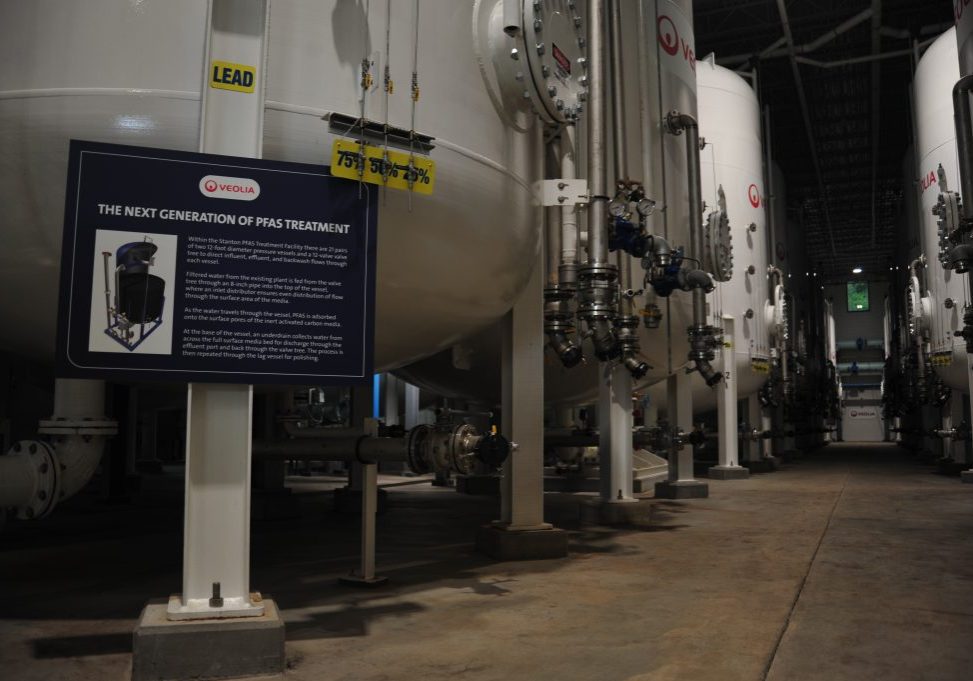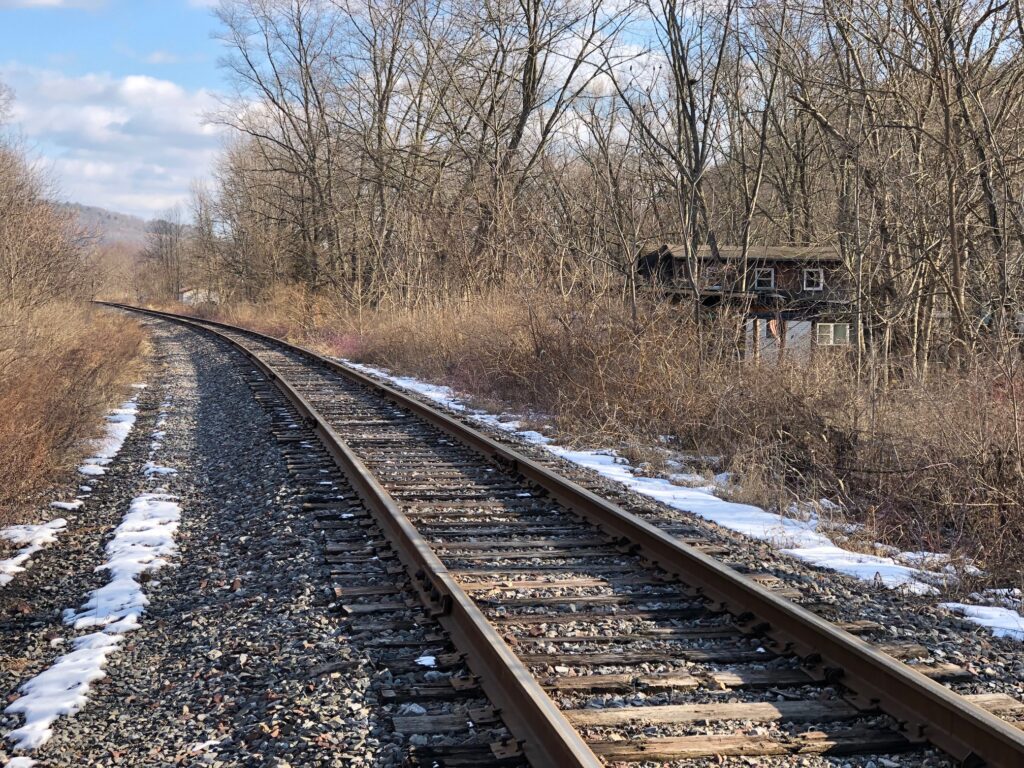
Critics of Gibbstown LNG plan warn of global-warming impact
| May 17, 2023

For our complete coverage of the Wyalusing, Pa./ Gibbstown, N.J. LNG project, please click here.
Editor’s note: This story is shared courtesy of New Jersey Monitor.
A controversial proposal to move liquefied natural gas by truck and train from northeastern Pennsylvania to South Jersey for overseas export would produce greenhouse gas emissions equivalent to 2 million cars every year over 25 years, according to a new environmental impact study commissioned by the plan’s opponents.
Since New Fortress Energy first unveiled the plan in 2019, critics have warned any accident along the proposed route from Wyalusing, Pa., to Gibbstown in Gloucester County could have catastrophic consequences akin to February’s devastating derailment of a chemical-carrying train in East Palestine, Ohio.
But even without an accident, the plan would spew 211 million metric tons of greenhouse gas emissions over 25 years, according to the report released this month. The Delaware Riverkeeper Network commissioned the study, which was done by Synapse Energy Economics.
Those emissions would come at all points along the liquefied natural gas’ journey, including its extraction, processing, and liquefication in Pennsylvania, its transport by train and truck to Gibbstown, pipeline leakage, and end-use combustion at its proposed destinations in Puerto Rico and Ireland, said Jackie Litynski, one of the study’s authors.
For New Jersey and Pennsylvania, the project would produce 1.2 million metric tons of greenhouse gas emissions in a typical year — that’s equivalent to 12.9 percent of the 2021 petroleum and natural gas system emissions for the two states, Litynski said.
“It’s easy for government officials to overlook their responsibility to consider the full greenhouse gas footprint, and so that’s one of the reasons why we wanted to make sure that we did the work for them, if they’re not going to do it,” said Maya van Rossum, the Delaware Riverkeeper.
The report’s findings are especially important given New Jersey’s goals over the next decade and beyond to cut emissions of gases that accelerate climate change, said Tracy Carluccio, the network’s deputy director.
“We can’t be digging ourselves further into a hole by adding to our greenhouse gas emissions,” Carluccio said. “We’re supposed to be reducing them drastically over the next eight years.”
Litynski called the plan “unique,” because such operations typically place liquefaction facilities and export terminals at the same location, rather than 170 miles apart by truck, or 250 miles by train, as this plan proposes.
“By locating the two facilities hundreds of miles apart, the companies are, in effect, bypassing a comprehensive review of the entire project’s emissions and environmental impacts,” Litynski said. “Policymakers should consider the entire lifecycle emissions impact of the Gibbstown-Wyalusing project when deciding whether to allow it to proceed.”
A New Fortress Energy spokesman did not respond to a request for comment.
But one defender said the Gibbstown proposal would create jobs and dismissed such studies as agenda-driven “hogwash.”
“It’s the very same people that work to kill pipelines that are now screaming about transportation safety,” said Greg Lalevee, business manager of the International Union of Operating Engineers Local 825, which represents more than 8,000 heavy equipment operators, mechanics and surveyors.
He added: “Natural gas isn’t going anywhere for a while. We’ve been talking about windmills now for 10 years, and I’m a crane operator. I want to build them. Let’s stop the insanity and get some economic activity here.”
The Delaware Riverkeeper report comes two weeks after the federal Pipeline and Hazardous Materials Safety Administration denied a New Fortress Energy subsidiary’s request to renew a permit allowing liquefied natural gas transport. That just stalls the project, though, because a Trump-era rule allowing such transport remains in place unless the Biden administration acts to suspend it.
Such transport was not allowed without a special permit until Trump changed the rules, and the Wyalusing-Gibbstown plan is widely considered a test case of the loosened rules.
The report also comes less than a month after New Jersey adopted new environmental justice rules that heighten protections for marginalized communities already overburdened by pollution.
The Gibbstown project dodged those new rules, which create new hurdles for pollution producers, because New Jersey environmental officials already had approved a key permit, Carluccio said. But if the project advances, New Fortress Energy will need to apply for more permits, and those should be subjected to the new environmental justice rules, she said.


